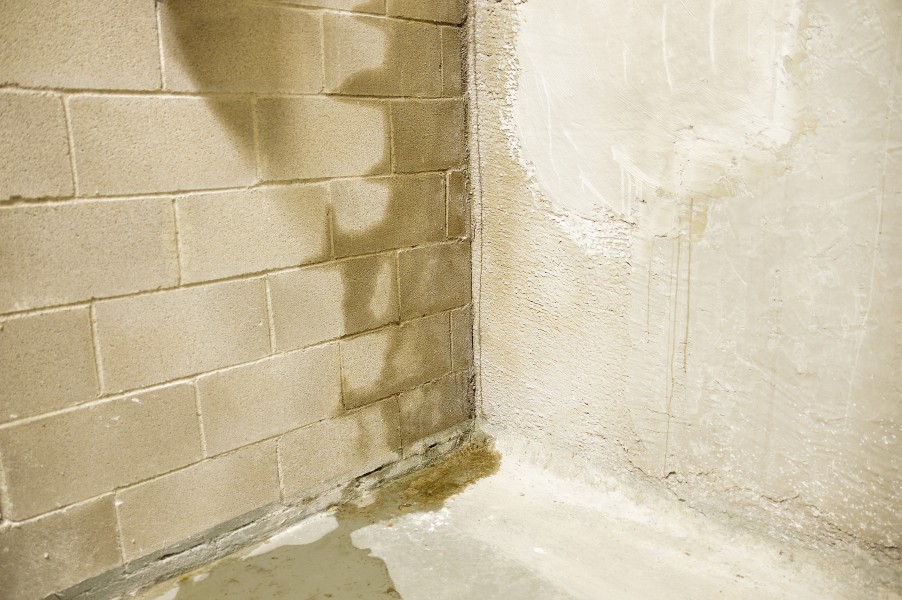
This post originally appeared in a post on LinkedIn.
Understanding the International Building Code: Protecting Your Construction Investment
As a commercial construction defect lawyer, I have witnessed firsthand the complex challenges that arise when buildings do not meet the standards set forth by the International Building Code (IBC). Today, I would like to shed some light on the importance of this code in construction contracts, the potential risks of cutting corners, and the need for thorough inspections to detect latent defects and code violations.
What is the International Building Code?
The IBC is a comprehensive set of regulations and guidelines that govern the construction of commercial buildings. It provides minimum requirements for various aspects, including structural integrity, fire safety, accessibility, energy efficiency, and more. The code is continually updated to reflect advances in building technology and safety practices, ensuring that structures are constructed to protect the well-being of occupants and the community at large.
The Contractual Obligation:
When undertaking a commercial construction project, builders are contractually obligated to adhere to the applicable building code requirements. The code serves as a benchmark for the quality and safety of the construction process. It is an essential part of the contract between the owner and the builder, establishing the minimum standard of care required for the project’s success.
The Temptation to Cut Corners:
Unfortunately, some builders may be tempted to take shortcuts or deviate from the building code to save time or reduce costs. This can have severe consequences. While deviations from the code may not always result in immediate issues, they can lead to latent defects that remain hidden until it is too late to take legal action. These latent defects can range from structural weaknesses to electrical and plumbing hazards, compromising the integrity and safety of the building.
The Need for Follow-Up Inspections:
To protect your investment, it is crucial to engage a qualified team of experts who specialize in inspecting for latent defects and code violations. These professionals possess the technical knowledge and expertise to identify issues that may not be apparent to the untrained eye. Their thorough inspections go beyond the cosmetic and aesthetic aspects of the building, focusing on the intricate details that could lead to potential problems in the future.
Take Action to Protect Your Interests:
If you suspect that your commercial building may have construction defects or code violations, it is essential to consult with a commercial construction defect lawyer promptly. They can assess the situation, review the contract terms, and guide you through the legal process. Timing is critical in such cases, as statutes of limitations may apply, and taking swift action can help safeguard your rights and financial interests.
Let’s Collaborate:
If you are a building owner, I am here to support you. I only represent building owners. As a commercial construction defect lawyer, my goal is to ensure that your investments are protected, and any legal disputes are resolved in the most favorable manner.
Please feel free to reach out to me if you have any questions, or concerns, or would like to discuss your specific construction project. Let’s work together to create a safer and more reliable building environment for everyone involved.
